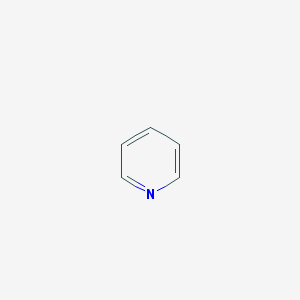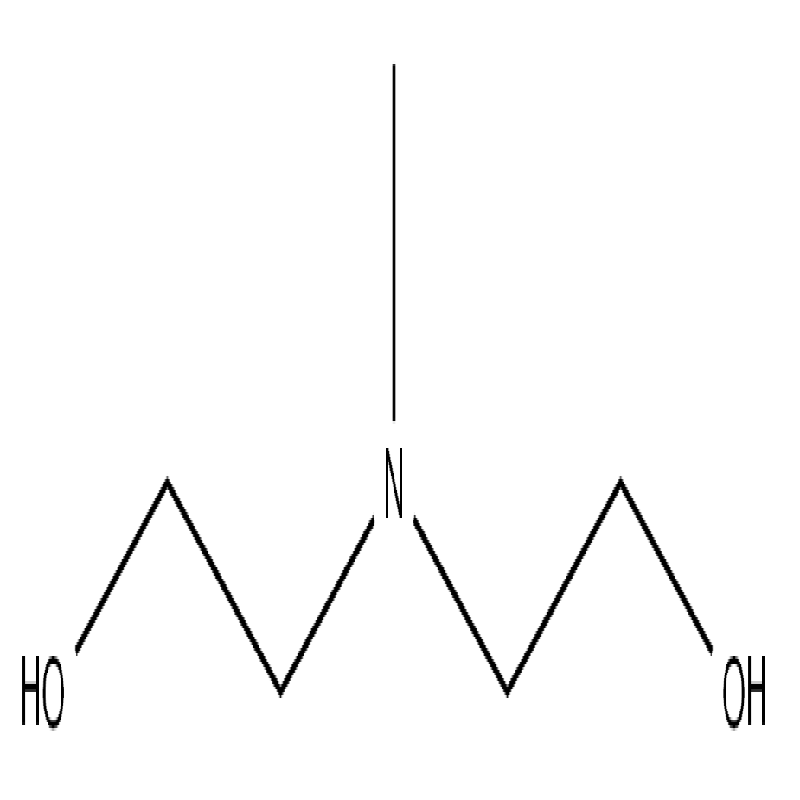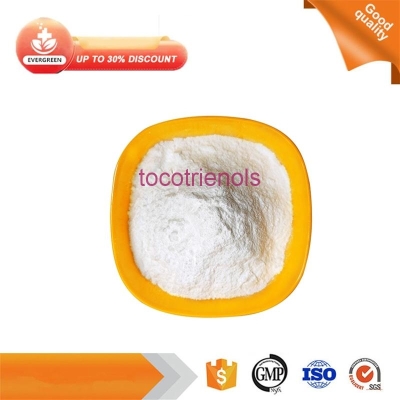-
Categories
-
Pharmaceutical Intermediates
-
Active Pharmaceutical Ingredients
-
Food Additives
- Industrial Coatings
- Agrochemicals
- Dyes and Pigments
- Surfactant
- Flavors and Fragrances
- Chemical Reagents
- Catalyst and Auxiliary
- Natural Products
- Inorganic Chemistry
-
Organic Chemistry
-
Biochemical Engineering
- Analytical Chemistry
- Cosmetic Ingredient
-
Pharmaceutical Intermediates
Promotion
ECHEMI Mall
Wholesale
Weekly Price
Exhibition
News
-
Trade Service
U.S. pharmaceutical giant Pfizer recently announced that the U.S. Food and Drug Administration (FDA) has approved the second generation of EGFR targeted drug Vizimpro (dacomitinib, daktinib) for use in an FDA-approved test reagent Box testing confirmed the presence of first-line treatment in patients with metastasis non-small cell lung cancer (NSCLC) patients with exon No. 19 loss or exon L858R replacement mutation No. 21.
approval is based on data from Phase III clinical study ARCHER 1050. The study, a randomized, open-label, head-to-head Phase III study conducted in patients with local late stage or metastasis NSCLC who carried EGFR activation mutations, assessed the efficacy and safety of Vizimpro over AstraZenecon's first-generation EGFR-targeted drug Iressa (Irressa, generic name: gefitinib, gyfytinib) for first-line therapy. The primary endpoint is progress-free lifetime (PFS), and the secondary endpoint is OS.
study data show that vizimpro treatment group PFS achieved statistically significant and clinically significant extensions (medium PFS: 14.7 months vs 9.2 months), risk of death or disease progression compared to the Iressa treatment group A significant decrease of 41% (HR-0.59 (95% CI-0.47-0.74) and p<0.0001) reached the main end of the study. OS data released at the Annual Meeting of the American Society of Clinical Oncology (ASCO2018) in June showed that the mid-OS in the Vizimpro treatment group was 34.1 months (95% CI:29.5-37.7), seven months longer than the Iressa treatment group (middle OS: 26.8 months (95%CI:23.7-32.1). At the 30th month of treatment, the survival rate in the Vizimpro treatment group was 56.2% and in the Iressa treatment group it was 46.3%. Subgroup analysis across most baseline characteristics is consistent with major OS analysis results, including patients with common exon sub-mutations nos. 19 and 20.
safety, the most common adverse reactions in the Vizimpro treatment group (≥20%)included: diarrhea (87%), rash (69%), meth (64%), stomatitis (45%), loss of appetite (31%), dry skin (30%), weight loss (26%), hair loss (23%), cough (21%), itching (21%). In the Vizimpro treatment group, 27 per cent of patients had severe adverse reactions, with the most common (≥1 per cent) severe adverse reactions being diarrhoea (2.2 per cent) and interstitiotic lung disease (1.3 per cent).
Vizimpro is an oral, daily, irreversible, pan-human skin growth factor subject (pan-EGFR) tyrosine kinase inhibitor (TKI). In April, the FDA granted Vizimpro first-line treatment for local late stage or metastasis NSCLC with EGFR-activated mutations. Vizimpro is also under regulatory review by the European Medicines Agency (EMA).
Professor Tony Mok, lead researcher on the ARCHER 1050 study and head of the Department of Clinical Oncology at the University of Hong Kong, said late NSCLC of EGFR mutations is a common disease, especially in Asian populations, where new treatments will ultimately benefit patients. Data from the ARCHER 1050 study show that Vizimpro will provide a new first-line treatment option for patients with EGFR mutant NSCLC with exon 19 missing or exon L858R replacement mutations.
recent years, although significant progress has been made in the clinical treatment of NSCLC patients with EGFR activation mutations, the disease remains a challenging disease and there is an urgent need for new treatment options. OS data from key head-to-head III studies are very encouraging, with the mid-OS in patients treated with Vizimpro's EGFR-activated mutant NSCLC approaching 3 years, a significant improvement over the current clinical first-line treatment, Iressa.
Roseenberg, Pfizer's Chief Development Officer for Global Product Development Oncology, said Vizimpro's approval marks the latest achievement in our commitment to driving precision medicine development and improving the prognostics of mutation-driven lung cancer patients. Currently, Pfizer has developed two targeted drugs for the treatment of three different types of mutation-driven lung cancer: Xalkori (crizotinib, kertinib) for the treatment of ALK-positive or ROS1-positive NSCLC, and Vizimpro for the treatment of EGFR mutant NSCLC. (Bio Valley)







